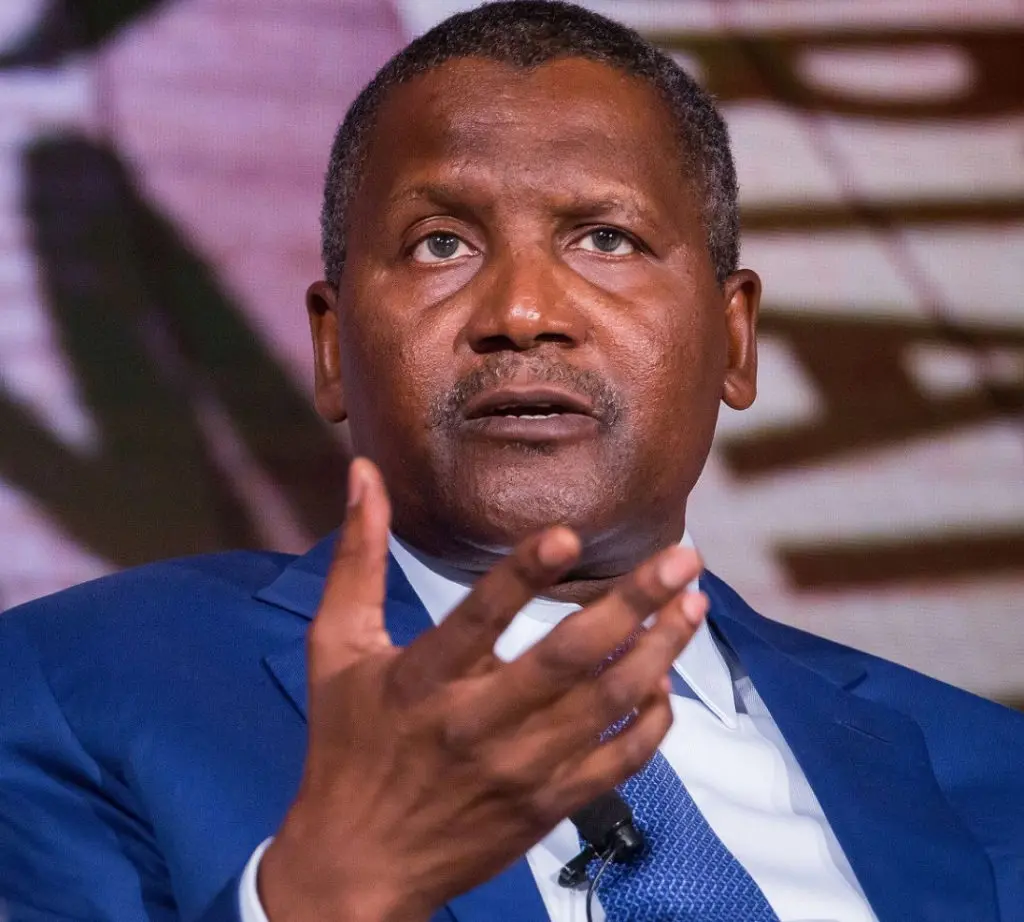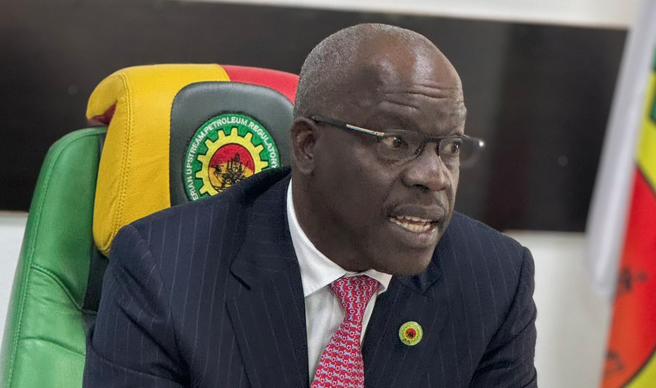Dangote Supercharges Refinery: Targets 1.4M BPD, Mulls 10% Stake Sale

Aliko Dangote, President and founder of the Dangote Group, has unveiled bold expansion plans for the Dangote Petroleum Refinery, including a proposal to list between five and ten percent of the company’s stake on the Nigerian Exchange (NGX) within the next year. This move mirrors the strategy previously employed for Dangote Cement and Dangote Sugar Refinery, as part of a broader effort to deepen market participation and diversify ownership. Dangote stated that the group intends to retain between 65 and 70 percent equity, with public offerings to follow investor interest and market capacity.
As part of this strategic repositioning, the group is also exploring partnerships with Middle Eastern energy companies, aimed at accelerating the refinery’s next growth phase and supporting a new petrochemical complex under development in China. The shift marks a historic transition from a wholly Dangote-owned enterprise to one involving international investors. Meanwhile, the Nigerian National Petroleum Company (NNPC) Limited currently holds a 7.2 percent stake, though Dangote clarified that any future increase in the NNPC’s shareholding would occur only after the next phase of the refinery’s operations achieves full optimization.
The expansion blueprint envisions a production capacity leap from 650,000 barrels per day (bpd) to an ambitious 1.4 million bpd — a scale that would surpass Reliance Industries’ Jamnagar Refinery in India, currently the world’s largest at 1.36 million bpd. Engineers at the Lekki complex have confirmed that the plant was built with scalability in mind, featuring reserved concrete zones capable of housing an additional refining system and vacuum distillation unit to enhance light-end product yields.
Beyond crude processing, Dangote Group is reinforcing its petrochemical division, with ongoing projects for linear alkylbenzene and base oil production. The company also aims to boost annual polypropylene output from one million to 1.5 million metric tonnes in the near future, aligning with its long-term vision of becoming Africa’s leading integrated energy and chemical company.
On operations, Dangote confirmed ongoing efforts to stabilize production after initial teething challenges with the Residue Fluid Catalytic Cracker (RFCC) — the core of its petrol conversion process. While most technical hitches have been resolved, a few minor issues remain, prompting plans for a brief, month-long maintenance shutdown. The turnaround will be scheduled to avoid disrupting year-end fuel demand. Other key units, including the Crude Distillation Unit (CDU), will remain functional during this period. The RFCC, which temporarily went offline in September, resumed operations in early October and is expected to return to optimal performance shortly.
Financially, the refinery secured a $4 billion financing package in August, easing prior debt concerns and reinforcing confidence in its long-term solvency. Dangote reaffirmed his commitment to transforming Africa’s downstream energy sector, rejecting import-dependent fuel models. He called for increased private investment in Africa’s energy infrastructure, emphasizing that high interest rates, poor infrastructure, and policy instability continue to stifle industrial growth.
In his words, “Africa cannot continue depending on fuel imports when it has the resources and capacity to refine domestically.” His comments reflect a broader vision to make the Dangote Refinery not just Nigeria’s industrial crown jewel but a continental game-changer capable of reshaping energy self-sufficiency across Africa.
You may also like...
Be Honest: Are You Actually Funny or Just Loud? Find Your Humour Type

Are you actually funny or just loud? Discover your humour type—from sarcastic to accidental comedian—and learn how your ...
Ndidi's Besiktas Revelation: Why He Chose Turkey Over Man Utd Dreams

Super Eagles midfielder Wilfred Ndidi explained his decision to join Besiktas, citing the club's appealing project, stro...
Tom Hardy Returns! Venom Roars Back to the Big Screen in New Movie!

Two years after its last cinematic outing, Venom is set to return in an animated feature film from Sony Pictures Animati...
Marvel Shakes Up Spider-Verse with Nicolas Cage's Groundbreaking New Series!

Nicolas Cage is set to star as Ben Reilly in the upcoming live-action 'Spider-Noir' series on Prime Video, moving beyond...
Bad Bunny's 'DtMF' Dominates Hot 100 with Chart-Topping Power!

A recent 'Ask Billboard' mailbag delves into Hot 100 chart specifics, featuring Bad Bunny's "DtMF" and Ella Langley's "C...
Shakira Stuns Mexico City with Massive Free Concert Announcement!

Shakira is set to conclude her historic Mexican tour trek with a free concert at Mexico City's iconic Zócalo on March 1,...
Glen Powell Reveals His Unexpected Favorite Christopher Nolan Film

A24's dark comedy "How to Make a Killing" is hitting theaters, starring Glen Powell, Topher Grace, and Jessica Henwick. ...
Wizkid & Pharrell Set New Male Style Standard in Leather and Satin Showdown

Wizkid and Pharrell Williams have sparked widespread speculation with a new, cryptic Instagram post. While the possibili...





